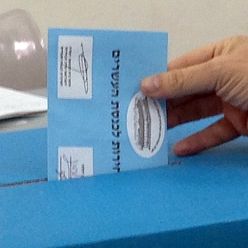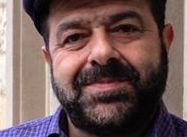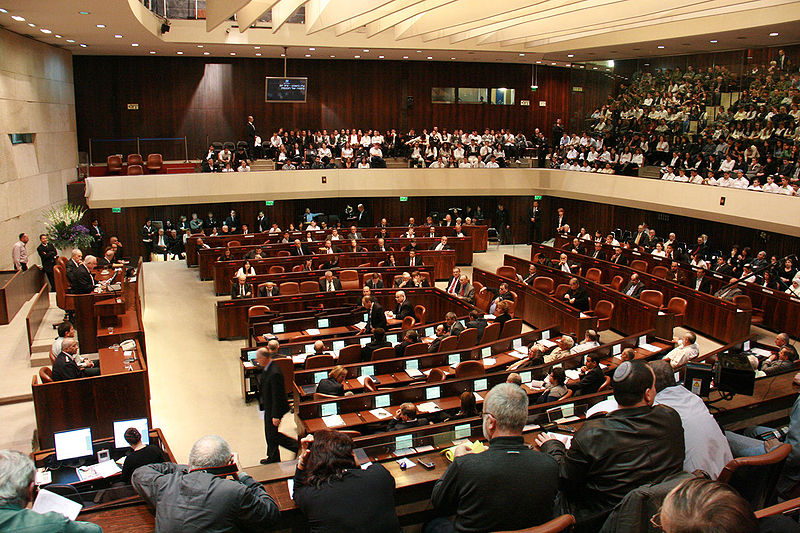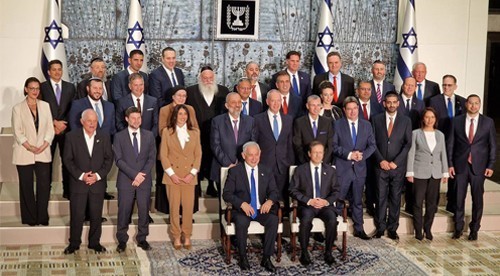Adalah to Central Elections Committee: Ban future planting of cameras at polling stations in Arab communities
During the course of the 9 April 2019 Knesset elections, the media reported that some 1,200 cameras had been planted in polling stations in Arab communities by members of the Likud faction’s polling committee. When these reports were confirmed by their representatives on the Election Committee, Central Elections Committee Chairman Justice Hanan Melcer issued a decision regarding the use of hidden cameras in polling stations, primarily concerning arrangements for the return of the equipment and cameras to their owners, together with the imposition of a ban on photography at polling stations, apart from exceptional cases in which an offense is suspected.
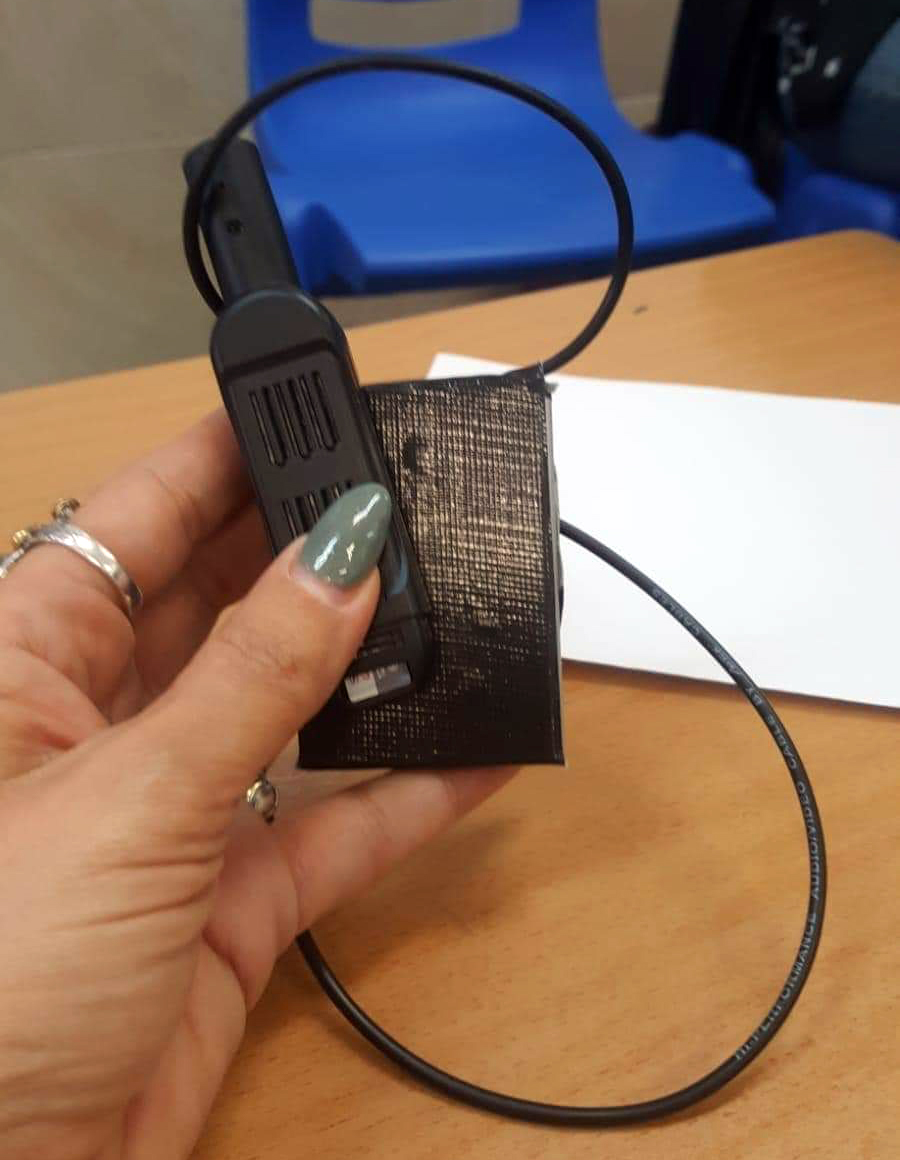
Adalah - The Legal Center for Arab Minority Rights in Israel appealed on two occasions immediately after the elections (11 April 2019 and 15 April 2019) to the attorney general, the state attorney, and Israel police's Northern District Commander to open a criminal investigation into the matter.
Adalah noted that the reports on hidden cameras reveal a tangible suspicion of violations of Article 119 of the Knesset Elections Law, which prohibits disturbance of the proper order of the elections or any attempt to prevent a voter from voting. In the absence of a response to these appeals, and in light of the approaching date of the election to the 22nd Knesset, Adalah, on 16 July 2019, submitted a demand to all of the above law enforcement parties asking that they clarify why no criminal investigation was opened into these suspicions. In view of the urgency of the matter, Adah requested a response to its appeal no later than one week from the day it was sent.
In the absence of a criminal investigation into the above deeds, and in view of the fact that the comprehensive directives given on the day of the election allow for a recurrence of these actions, Adalah appealed to Melcer on 17 July 2019 requesting that he issue regulations prohibiting the placement of cameras in Arab communities. In the appeal, submitted by Adalah Attorney Sawsan Zaher, Adalah emphasized that not only was the planting of cameras at the polls a means of interference and deterrence, which severely undermined the exercise of the right to vote, but it also constitutes ethnic and racist labeling, which mandates the intervention of the Central Elections Committee in order to prevent this from recurring.
Adalah also referred Melcer to a 2013 document summarizing the conclusions of the Central Elections Committee for the 19th Knesset. In this summary, the then-chairman of the committee, Justice Elyakim Rubinstein, referred to the removal of a member of a polling station committee from his post because he photographed all those who came to vote without permission. Rubinstein ruled that his removal was justified because his doings infringed upon the right to privacy of all citizens who come to the polling station in order to exercise their right to vote, and because there is no anchor in the law that allows him to place a camera in the station.
In its appeal, Adalah argued that the decision made by Melcer on the day of the election was too general and broad, makes it possible to plant cameras at polling stations without strict limitations, and does not ensure that the placing of these cameras will not be undertaken in a manner that discriminates on an ethnic and racial basis against the Arab electorate. Therefore, Adalah requested that clear written instructions be issued forbidding the positioning of cameras in polling station in Arab communities on the basis of racist motives.
Attorney Zaher, who submitted the two appeals, stated: "the planting of hidden cameras in the previous Knesset election enabled the ethnic labeling of Arab voters. Permitting them to be placed by the Elections Committee, and the failure to open a criminal investigation, despite our appeals, allows the normalization of the demonization of Arab society by the Elections Committee and law enforcement agencies even though it was clear that the installation of the cameras constitutes an obstruction of the election process.. The failure of the authorities in this context implies their legitimation of racist actions within the framework of the activities of the members of the polling committees, and the sanctioning of the violation of the constitutional right to vote of the electorate in the Arab communities".
CLICK HERE to read Adalah's 17 July 2019 letter to Central Elections Committee chairman [Hebrew]
RELATED PRESS RELEASES















